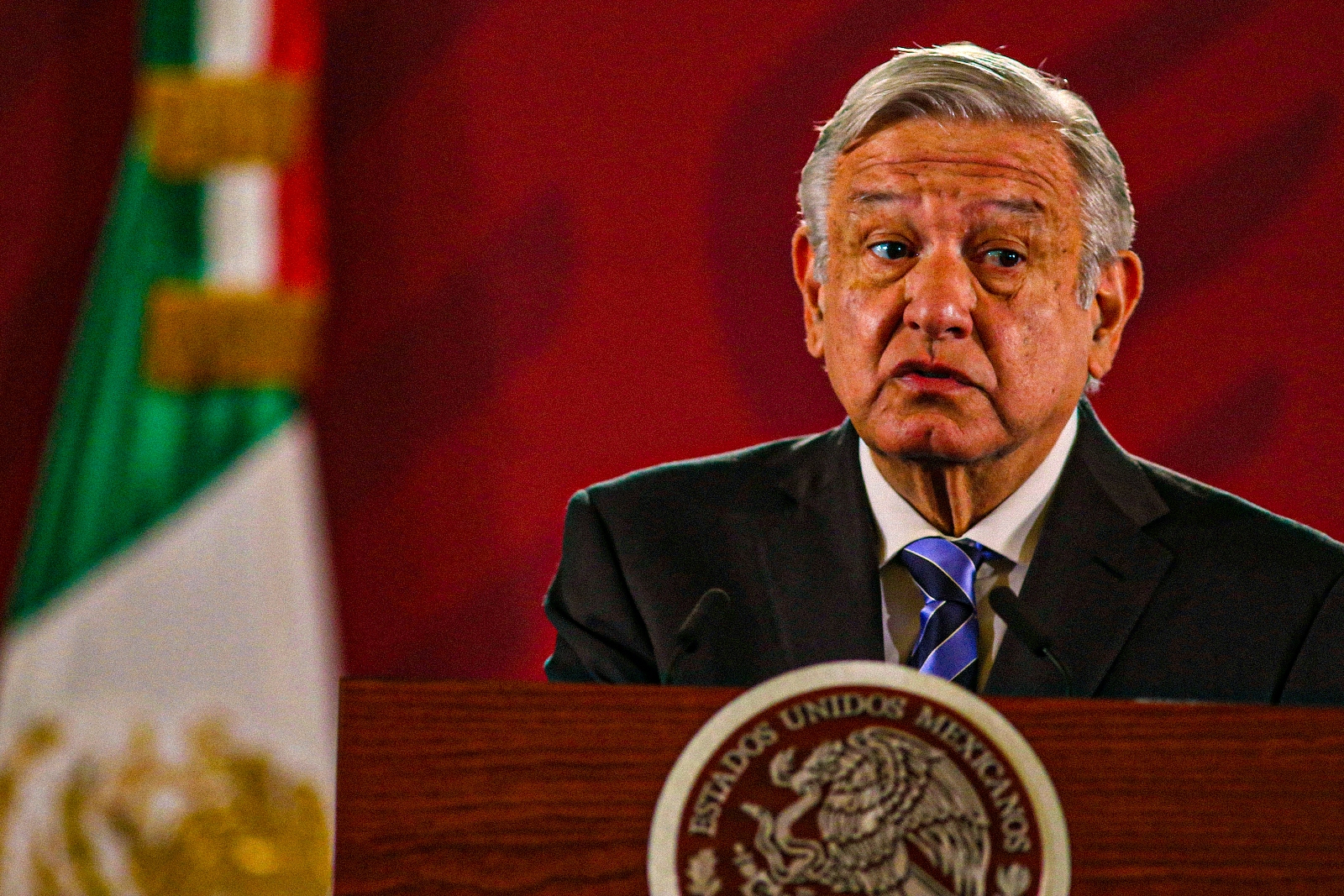
Under Obrador, Mexico is Sliding Toward Dictatorship
In 1990, Mario Vargas Llosa, a Peruvian writer, stated on Mexican nationwide television that Mexico was the perfect dictatorship. Not because it was good for its people, but because it was a dictatorship disguised as a democracy, and it had been that way since the creation of the Institutional Revolutionary Party, the dominant Mexican political party for much of Mexico’s modern history. Nowadays, it seems that Andrés Manuel López Obrador, Mexico’s president, is challenging that paradigm, casting off the disguise to show his administration for what it truly aspires to be: a dictatorship.
During 2018, when Obrador was a presidential candidate, his populist rhetoric ignited a sense of doubt and uneasiness in many across Latin America — especially those traumatized by the many dictatorships the region has suffered over the years.
“I’m not a Cacique,” he said — that’s a chieftain in some native American tribes. But similar to Richard Nixon’s “I’m not a crook” moment, if he has to deny it, it’s probably true.
As president, Obrador hasn’t extinguished that doubt. With a strong majority in parliament, and a sympathetic Supreme Court chief justice, only the constitution stands in his way. The president, of course, isn’t letting that stop him. Given that practically the whole political system favors him, Obrador has sought simply to rewrite the constitution to make way for the projects on his agenda that would otherwise be ruled unconstitutional.
Through constitutional changes, Obrador seeks to make way for unconstitutional projects, such as reforming the Instituto Nacional Electoral (INE), the autonomous institution in charge of organizing fair and free elections in Mexico. The INE doesn’t need reforming. Freedom House graded the electoral process in Mexico with a 3/4, without directing any criticism toward the institution. INE president Lorenzo Córdova says Obrador’s “reforms” would give the president a “tighter grip on electoral authorities, undermining the political party system, and attempts to erode political representation.” Moves like these evidence Obrador’s disdain for divisions of power that limit his authority.
A study by the Economist Intelligence back this up. In its 2021 Democracy Index report, the think tank bumped Mexico down from a flawed democracy to a hybrid regime, labeling Obrador an illiberal populist, because of his disregard for democratic norms and his “continued efforts to concentrate power in the executive branch.”
In addition, his administration has done its best to muzzle the press. “If you cross the line, you know what happens” — that was Obrador’s warning to journalists during a 2019 press conference. Only days later, attacks on journalists escalated after Obrador revealed on national television the salary of Loret de Mola, a journalist, and critic of his government. So far in 2022, six journalists have been murdered in Mexico.
Now Obrador is seeking to enact a referendum on his presidency, supposedly to give voters the choice of whether or not he should remain in office for the remainder of his term. In reality, the proposal is nothing more than a populist scheme to solidify his rule of mandate. For one, the country’s electoral institution has indicated that it has no money to make a referendum of that sort, meaning that the possibility of it going through is low. Furthermore, whilst Mexicans are notoriously apathetic when it comes to voting, the president’s popularity is high. Even if the country does go through with the unlikely referendum, low voter turnout and a high rate of popularity for the president means he’ll most likely win.
Obrador knows this, and it’s all part of his ploy. When the referendum fails, Obrador will use it as a weapon to delegitimize the electoral process, just like former President Donald Trump has done to any institution that stands in his way.
Obrador was elected on an anti-systematic platform by voters who sought to challenge the status quo. The speech, as problematic as it was, could have been used by Obrador once in power, to unify the country, and make the necessary changes to strengthen liberty, democracy, and peace in a country that suffers from rampant violence. His conduct is one that Latin America should keep an eye on, for it follows a pattern we have witnessed before in populist leaders, who go on to become dictators. Andrés Manuel López Obrador’s rule is a threat to democracy and his revocation referendum is a sham. Hopefully, citizens of Mexico will wake up and oust him in the 2024 presidential elections, while they still can.

